17 GPTs for Psychological Support Powered by AI for Free of 2026
AI GPTs for Psychological Support refer to advanced artificial intelligence systems based on Generative Pre-trained Transformers, tailored for applications within mental health and psychological support fields. These tools utilize natural language processing to understand, interact, and provide guidance or therapeutic support in a conversational manner. They're designed to simulate human-like interactions, offering users empathy, advice, and psychological assistance. Their relevance lies in augmenting traditional therapy methods, providing accessible support, and serving as preliminary or supplementary mental health resources.
Top 10 GPTs for Psychological Support are: 心理と頭脳の哲学者,小浪,DeCluttering CoPilot: Now With Privacy!,Turing Cat,The No Cyberbullying Buddy,Belgian Integration Buddy,育儿智友,Quit Smoking NOW,Rescue Voice,תבדוק עצמך
心理と頭脳の哲学者
Decipher emotions with AI-powered analysis
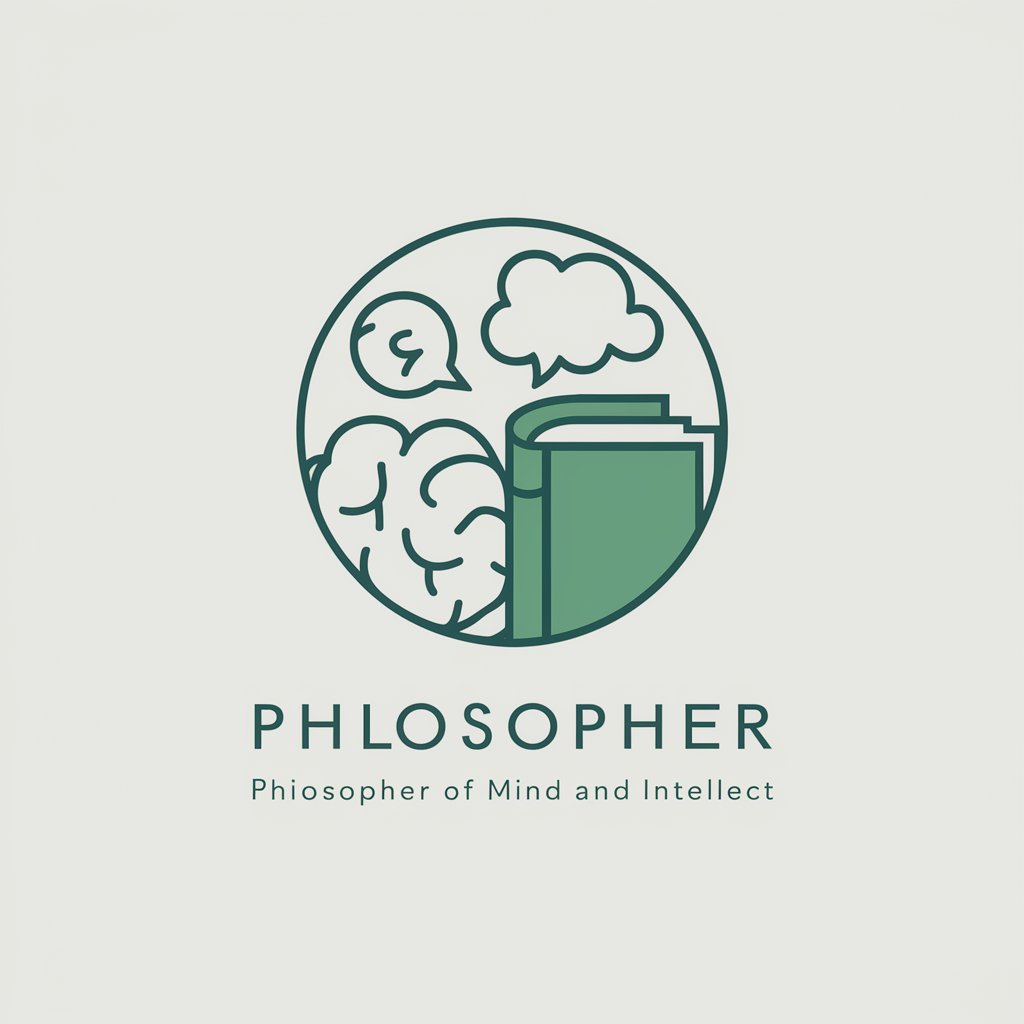
小浪
Enhance your live stream with AI power
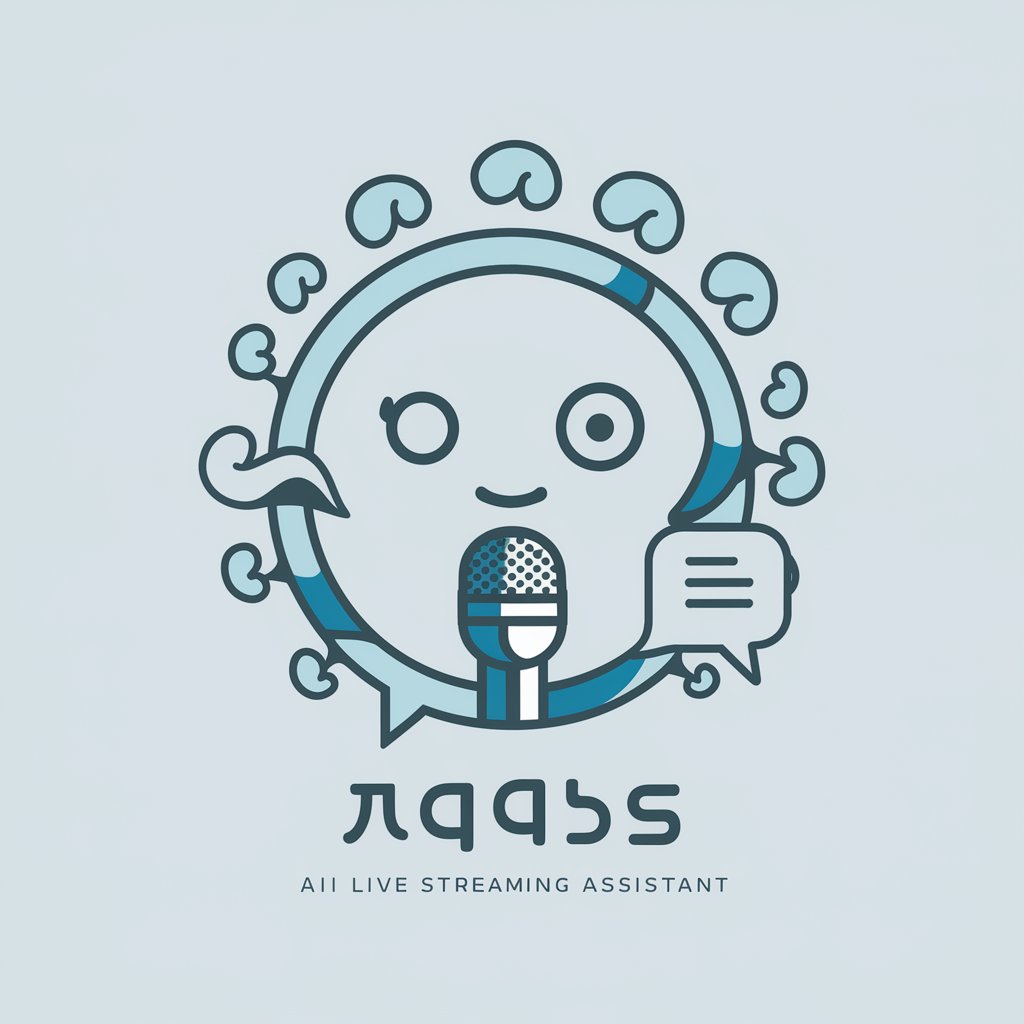
DeCluttering CoPilot: Now With Privacy!
Empowering clutter-free lives with AI
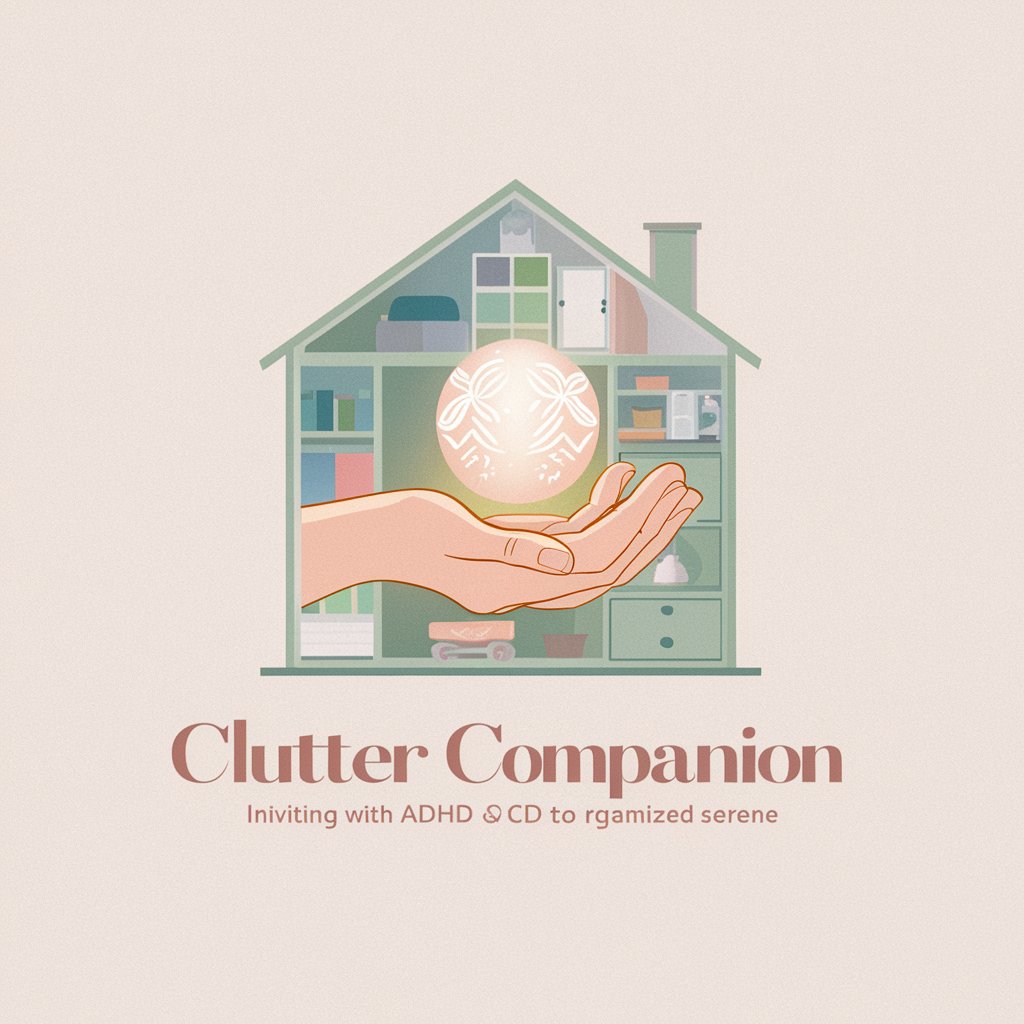
Turing Cat
Empower your digital experience with AI
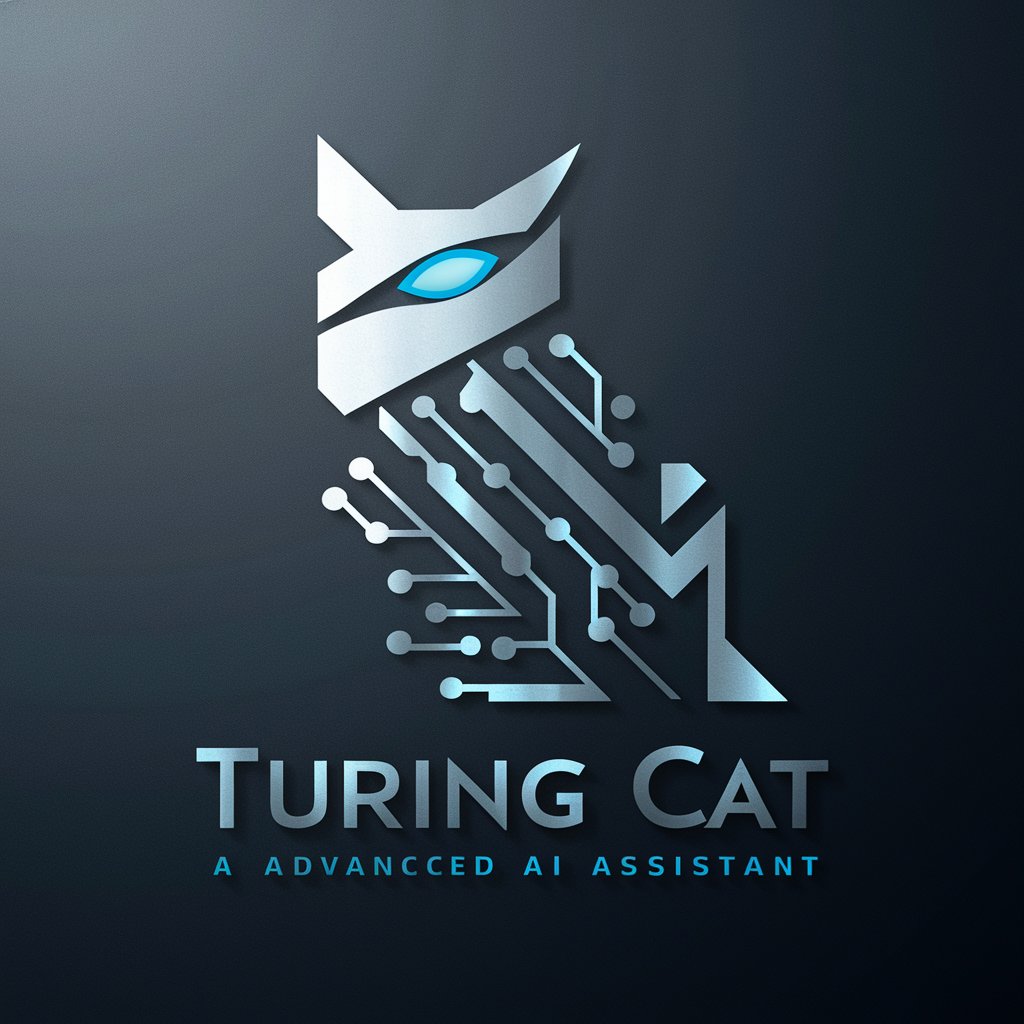
The No Cyberbullying Buddy
Empowering Safe Online Interactions

Belgian Integration Buddy
Empowering Migrants with AI
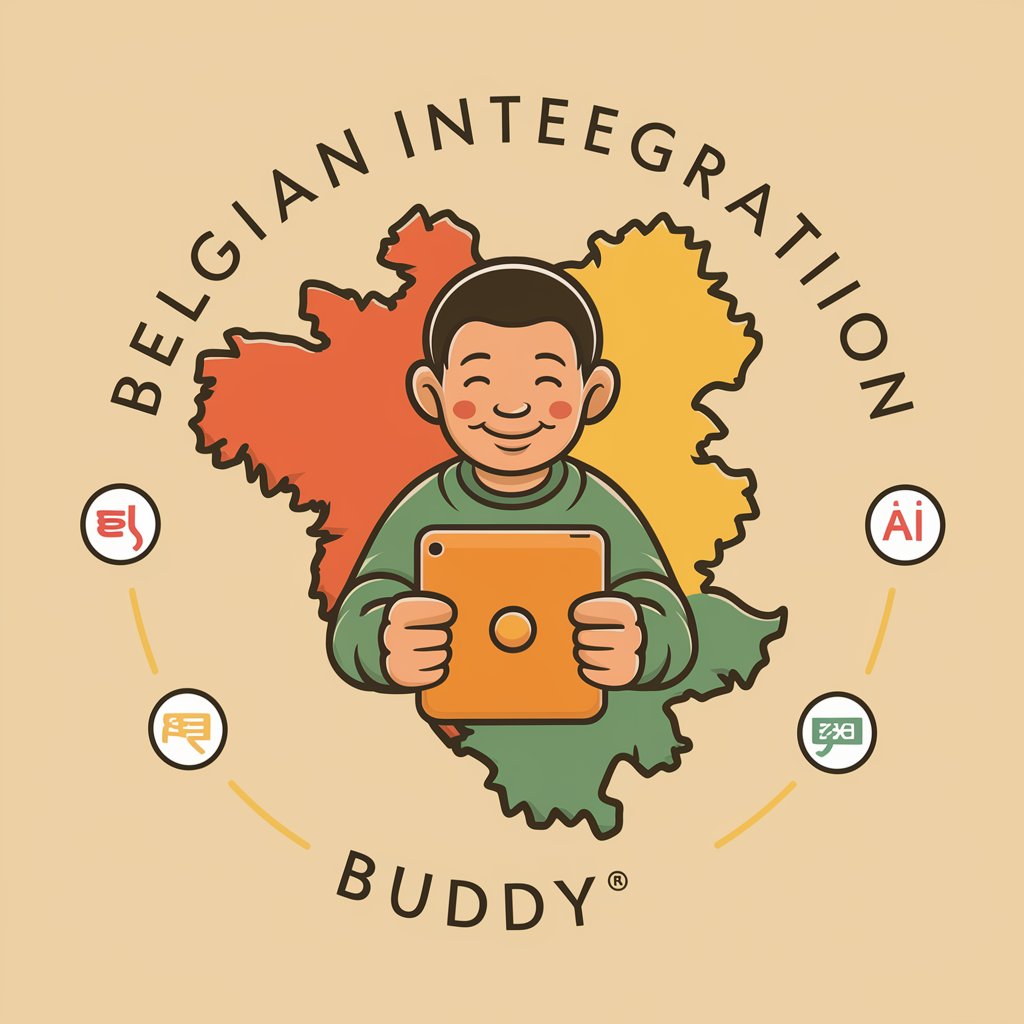
育儿智友
AI-powered insights for every parenting stage
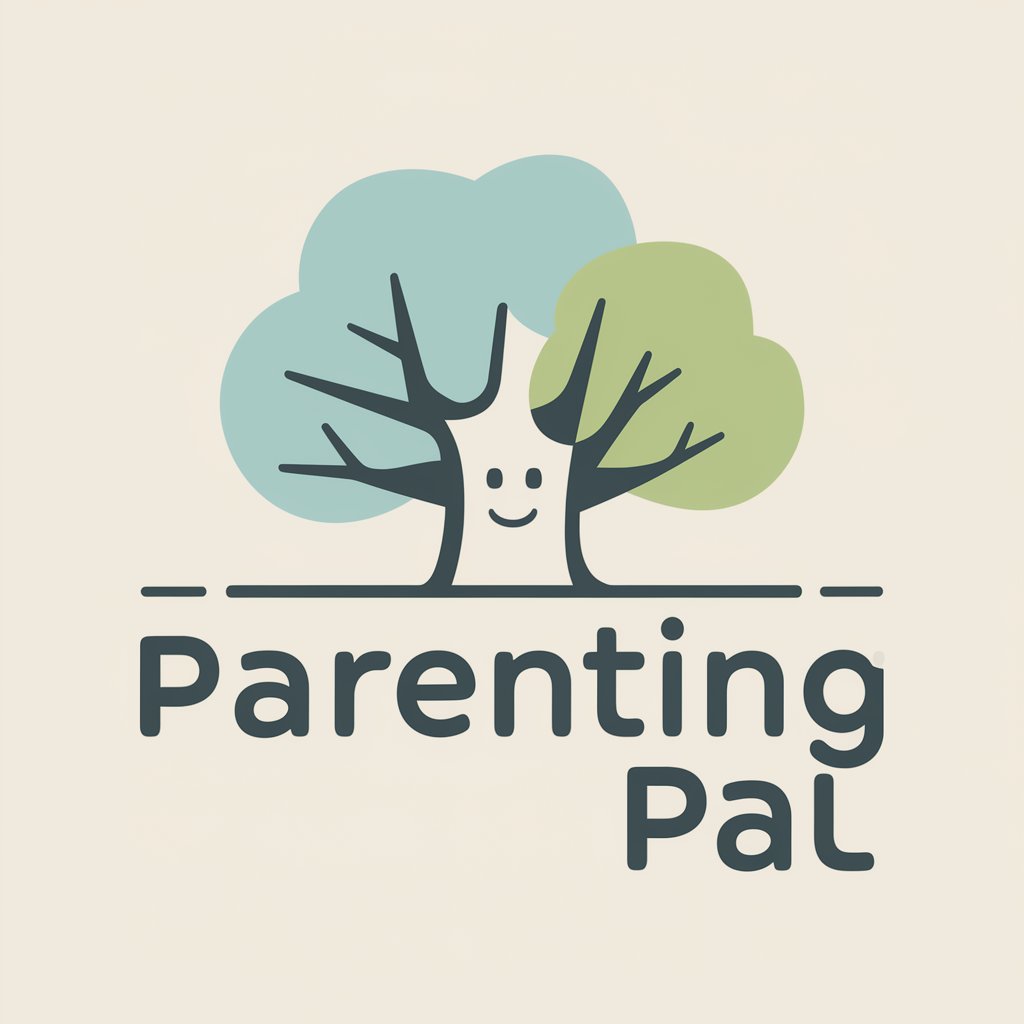
Quit Smoking NOW
Empowering you to extinguish smoking habits.

Rescue Voice
Train, Respond, Survive: AI-Powered Crisis Simulations

תבדוק עצמך
Unlocking Health Through Emotion

Health & Mind Assistant
AI-powered health and psychological support
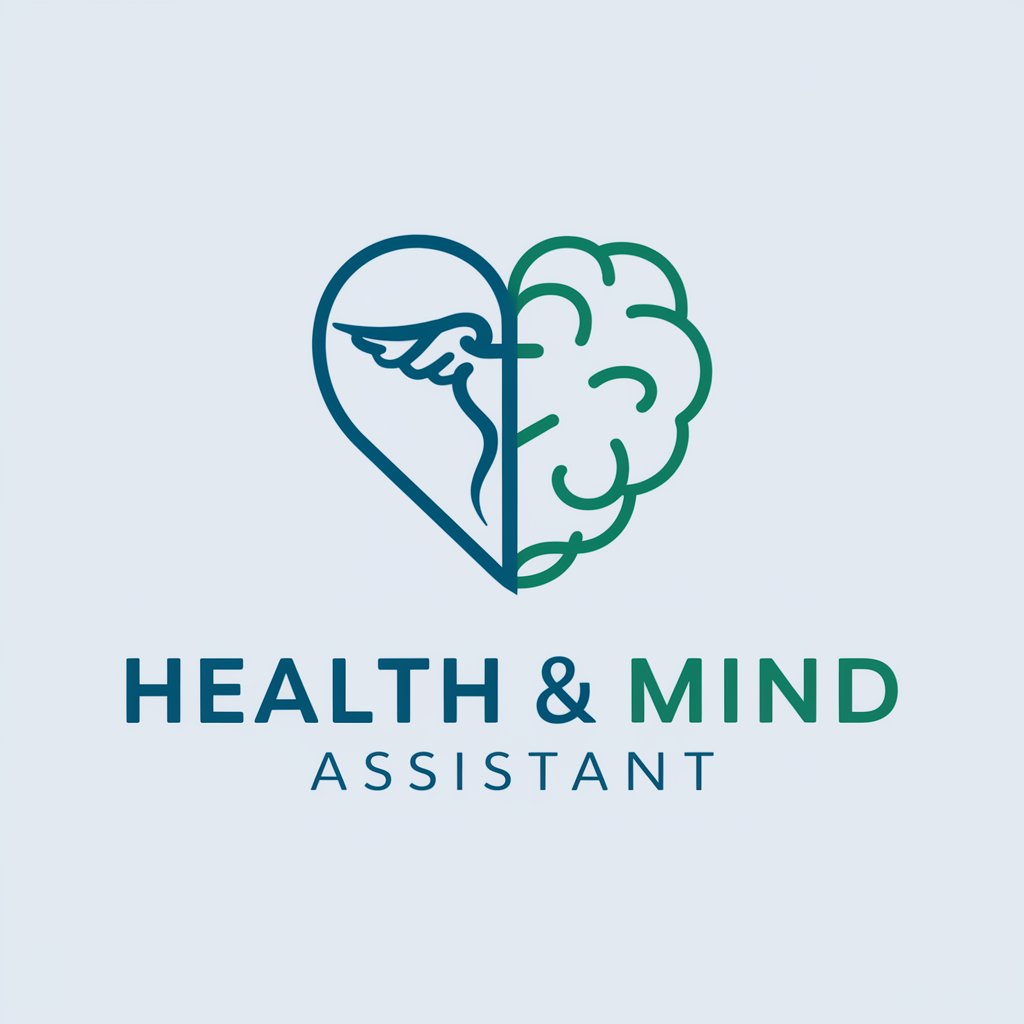
Facial Palsy Assistant
Empowering Facial Palsy Management with AI
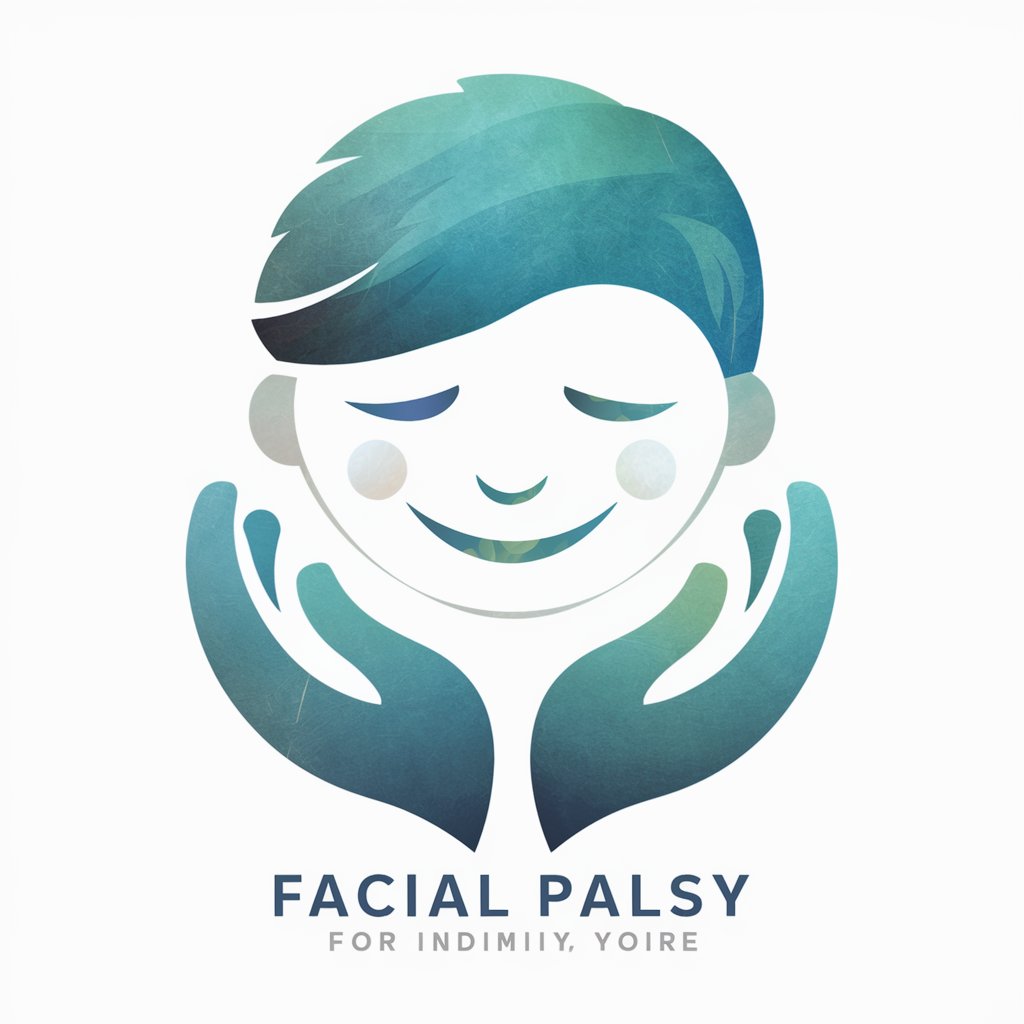
两性知识
Empowering Gender Understanding with AI
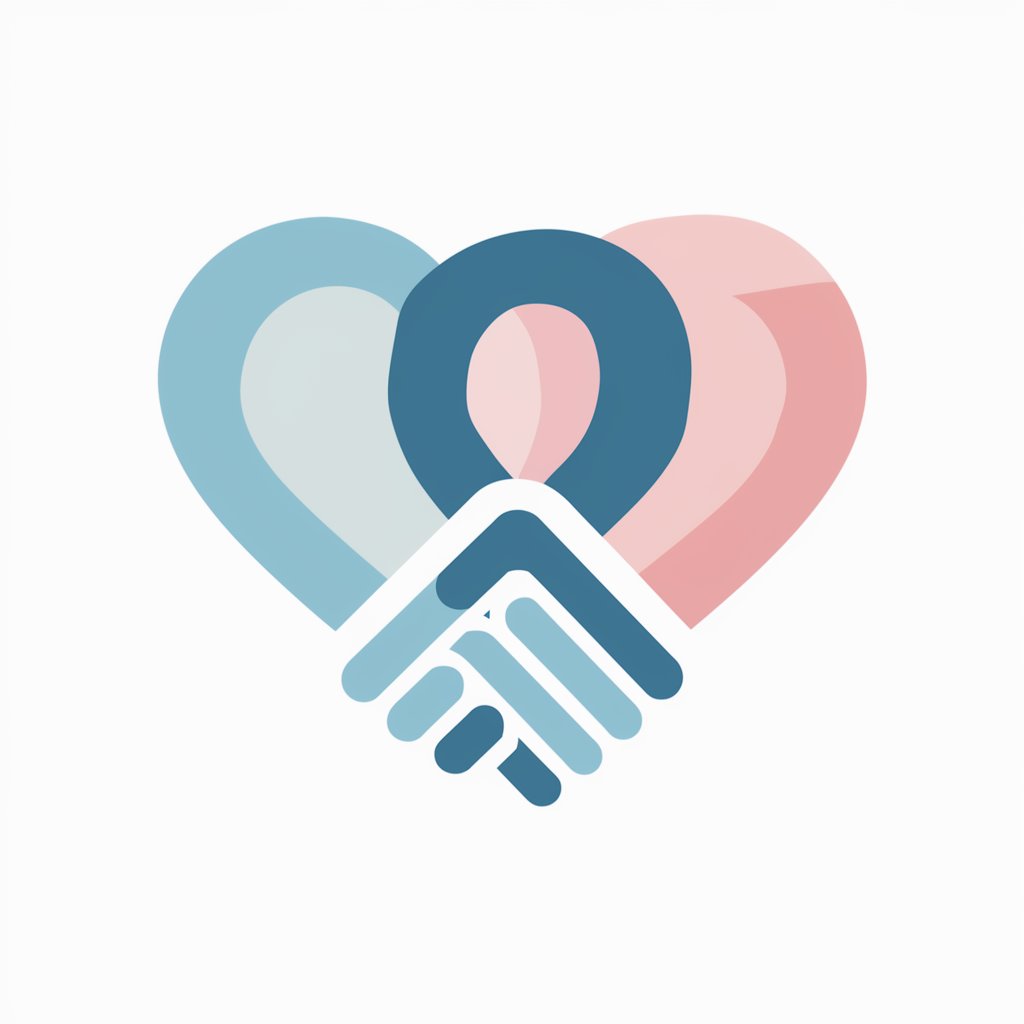
Comprehensive War Advisor
AI-Powered War Strategy Guide

Reincarnation Trap
Navigate your spiritual path with AI-powered insights.

Life Savvy
Empowering Emotional Intelligence with AI

Distinctive Functions of Psychological Support AI
AI GPTs tools for Psychological Support are equipped with a range of features tailored to mental health assistance. These include empathetic and nuanced language understanding, confidentiality and privacy in sensitive conversations, and adaptability to various psychological support scenarios. They can engage in therapeutic conversations, offer coping strategies, and provide information on mental health. Advanced capabilities include language learning for multicultural support, integration with technical platforms for wider accessibility, and analytical tools to track progress or suggest personalized support strategies.
Who Benefits from Psychological Support AI Tools
These AI GPTs tools are designed for a broad audience, including individuals seeking mental health support, mental health professionals looking for supplementary tools, and developers in the healthcare technology sector. They are accessible to users without technical skills, thanks to user-friendly interfaces, while also offering advanced customization options for professionals and developers with programming expertise, allowing them to tailor the AI to specific therapeutic needs or integrate it into existing healthcare platforms.
Try Our other AI GPTs tools for Free
E-Commerce Support
Discover how AI GPTs revolutionize e-commerce support, offering automated solutions for customer service, personalized shopping, and operational efficiency.
Order Inquiry
Discover how AI GPT tools for Order Inquiry revolutionize customer service with fast, accurate order tracking and personalized support.
Refund Assistance
Explore AI GPTs for Refund Assistance: Transforming the refund process with intelligent, automated solutions for superior efficiency and customer satisfaction.
Product Consultation
Discover how AI GPTs for Product Consultation leverage advanced AI to offer personalized product advice and insights, making informed decisions easier for businesses and consumers alike.
Account Security
Explore AI GPTs for Account Security: cutting-edge tools designed to safeguard digital identities through anomaly detection, secure password generation, and personalized security insights.
Gaming Entertainment
Explore how AI GPTs are revolutionizing Gaming Entertainment, offering dynamic content creation, personalized narratives, and enhanced game development.
Innovations in AI-Driven Psychological Support
AI GPTs for Psychological Support represent a significant advancement in the mental health field, offering scalable, accessible, and personalized support. With user-friendly interfaces, these tools can be integrated into existing healthcare workflows, enhancing the reach and efficacy of psychological support. They not only provide immediate assistance but also have the potential to gather anonymized data, contributing to broader mental health research and improving understanding of effective support mechanisms.
Frequently Asked Questions
What are AI GPTs for Psychological Support?
They are AI systems designed to provide psychological assistance and mental health support, utilizing natural language processing to engage in empathetic conversations with users.
How do these AI tools maintain privacy?
These tools are built with privacy and confidentiality at their core, using secure data handling and anonymization techniques to protect sensitive user information.
Can AI GPTs replace therapists?
No, they are intended to complement traditional therapy, offering preliminary or supplementary support and are not a substitute for professional psychological services.
Are these tools accessible to those without coding skills?
Yes, they are designed with user-friendly interfaces that require no coding knowledge, making them accessible to a broad audience.
How can professionals customize these AI tools?
Professionals and developers can customize the AI through programming interfaces, tailoring conversations, integrating with healthcare systems, or adapting the AI to specific therapeutic needs.
Do these AI tools support multiple languages?
Yes, many of these AI GPTs are equipped with language learning capabilities, allowing them to provide support in multiple languages.
How do these tools integrate with existing healthcare platforms?
They can be integrated through APIs or software development kits (SDKs), allowing seamless interaction with healthcare databases, patient management systems, and teletherapy platforms.
Can these AI tools track progress in mental health?
Yes, some tools come with analytical capabilities to monitor user progress, providing insights into therapeutic outcomes and suggesting personalized support strategies.